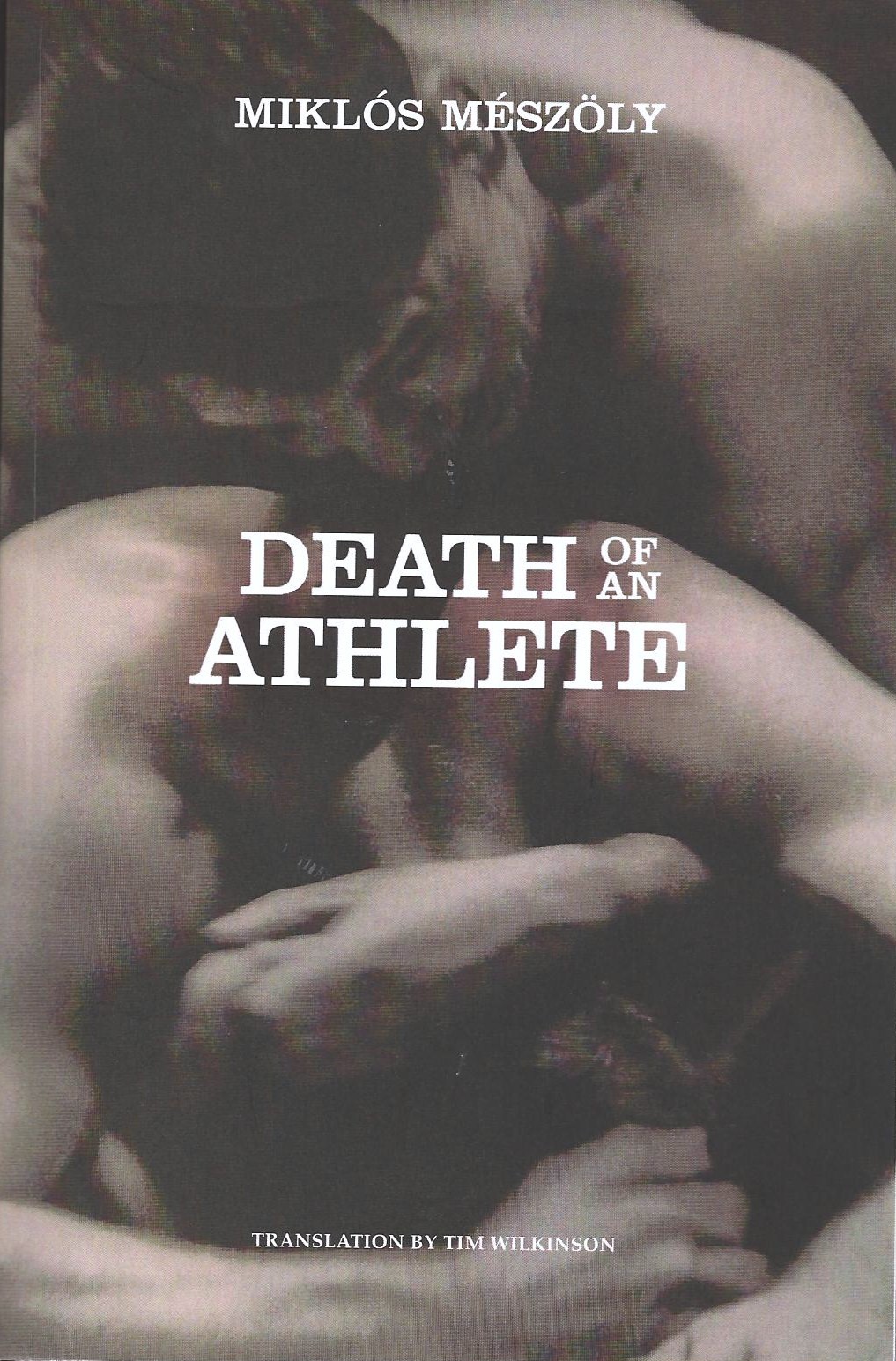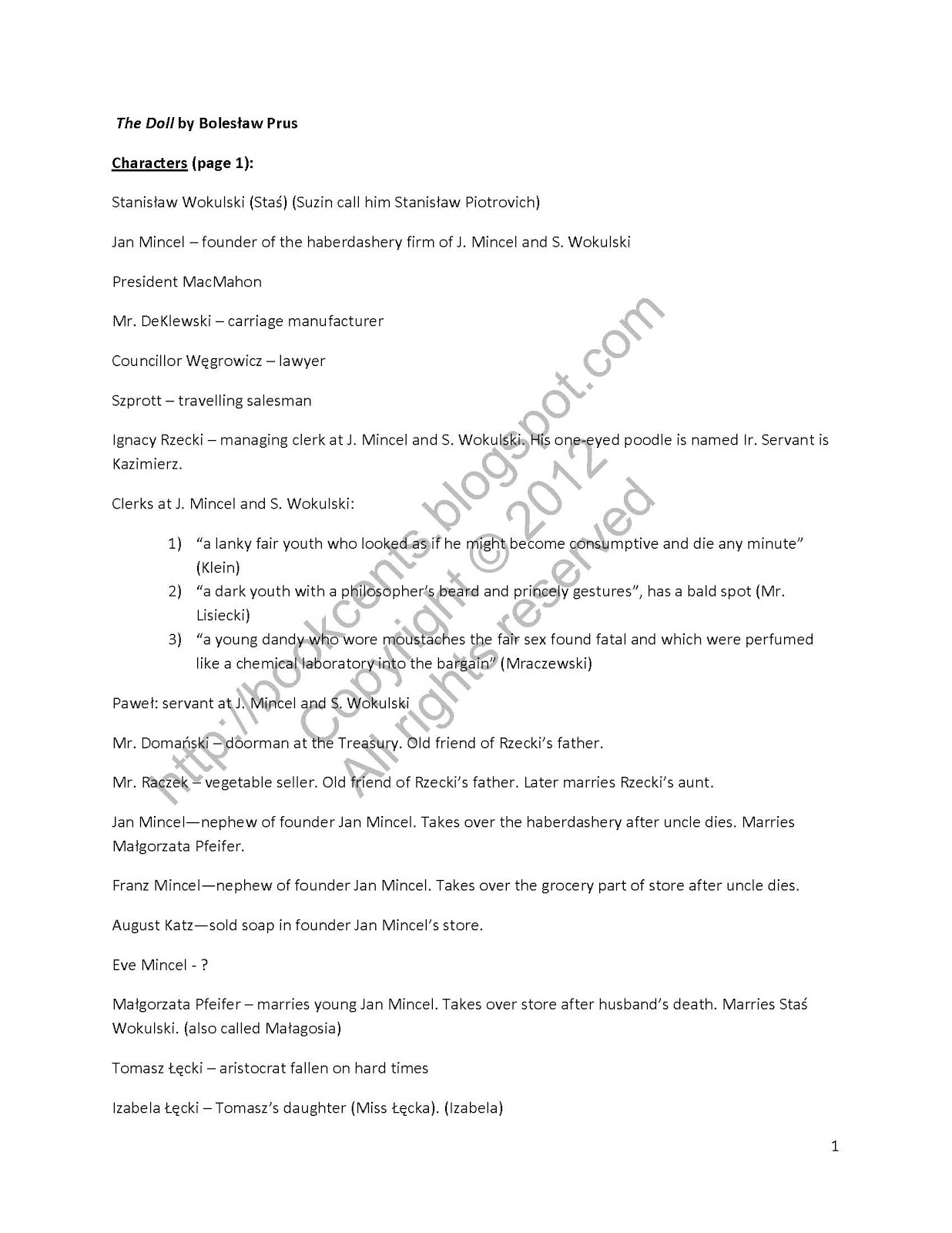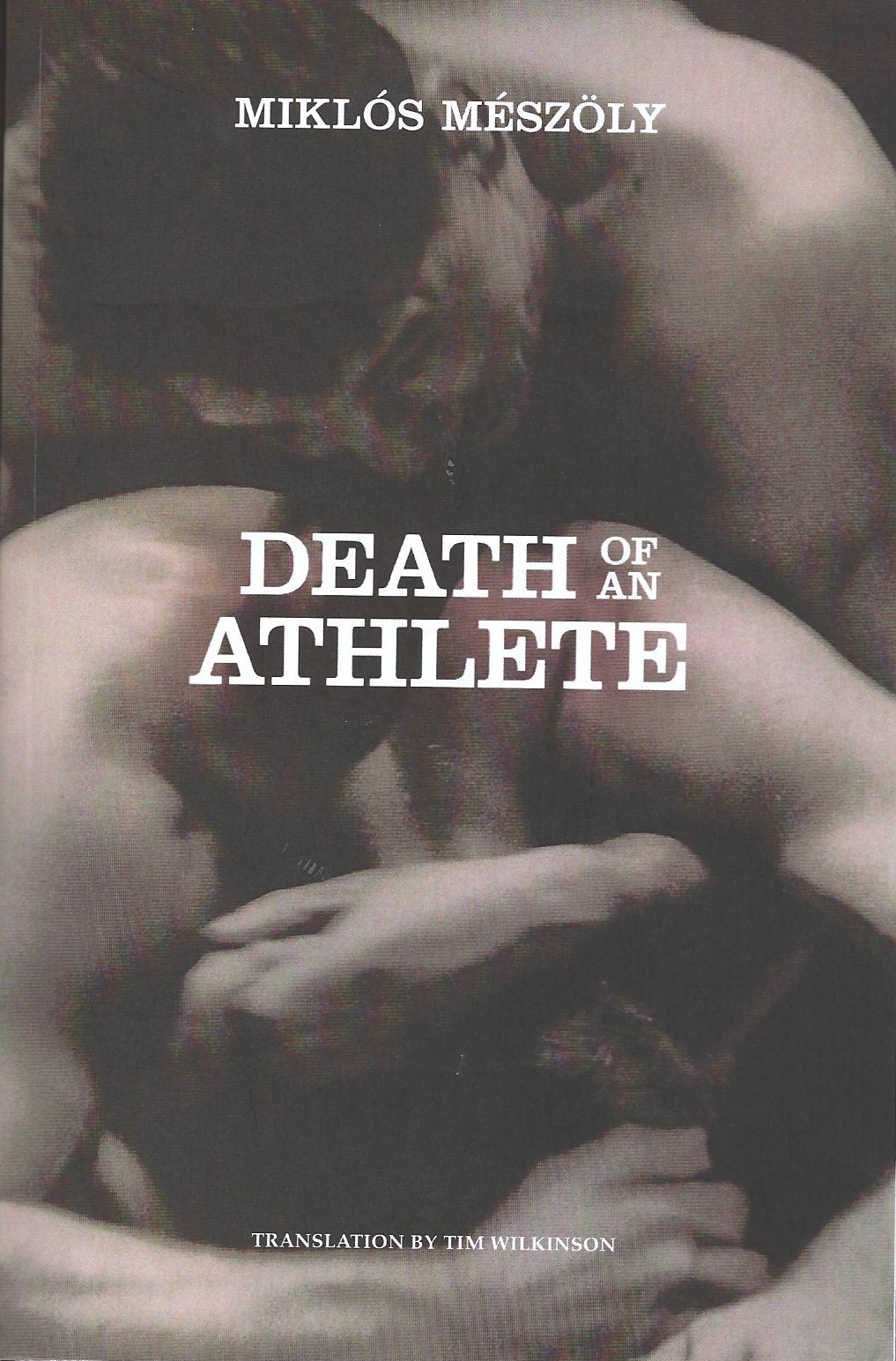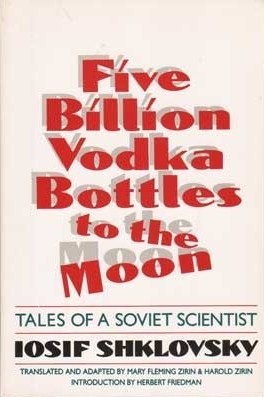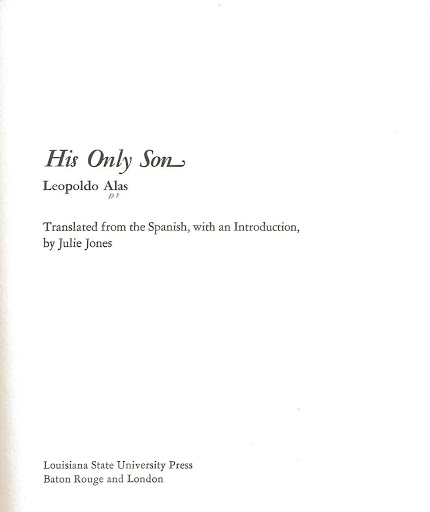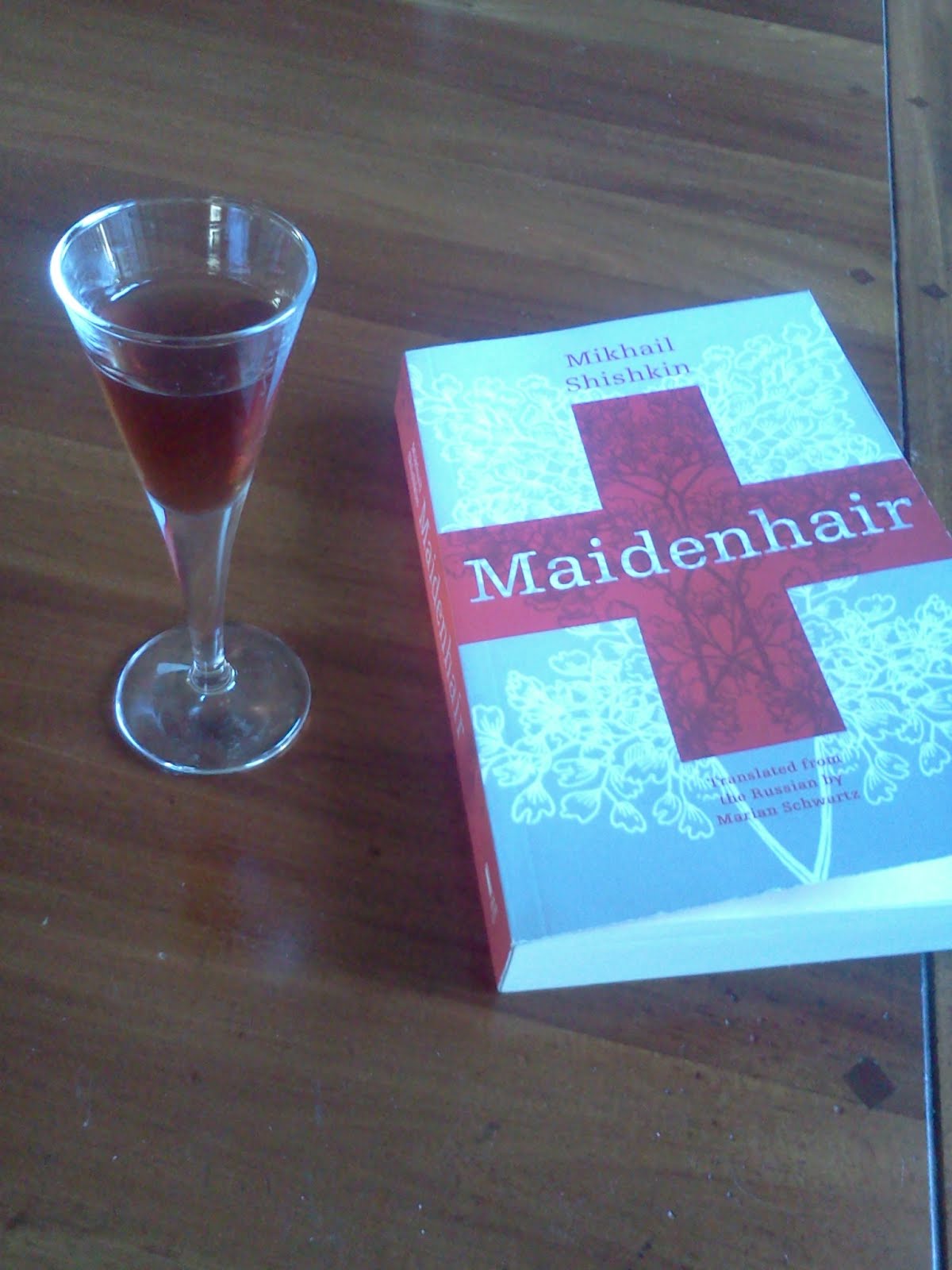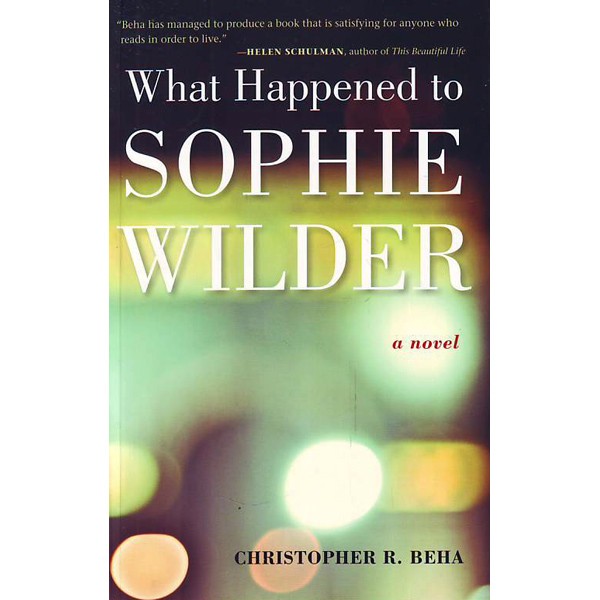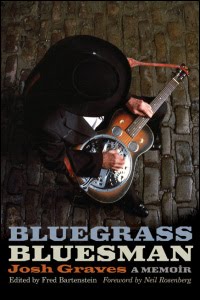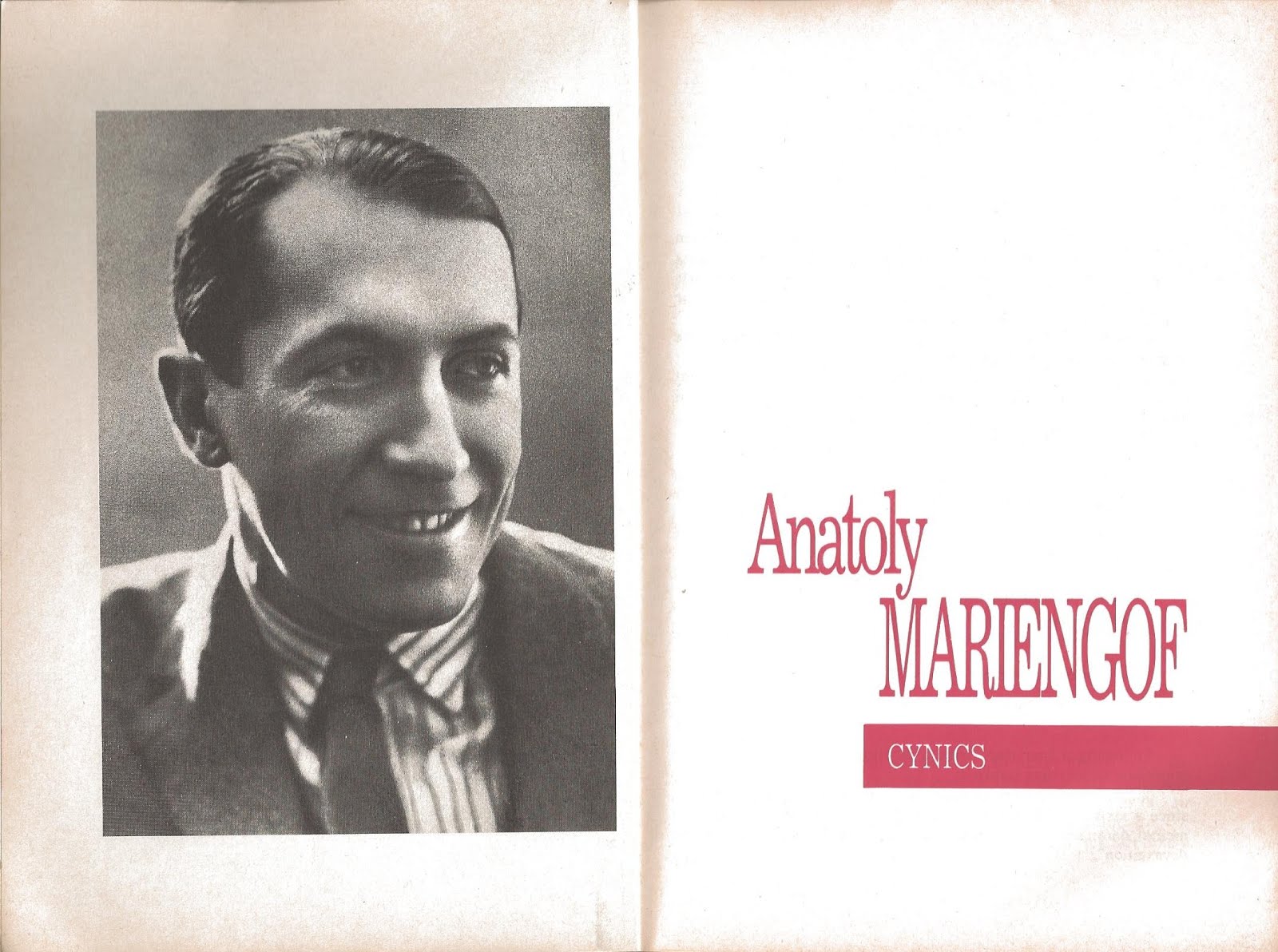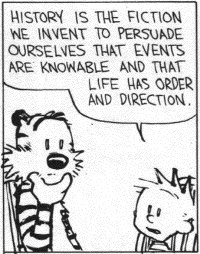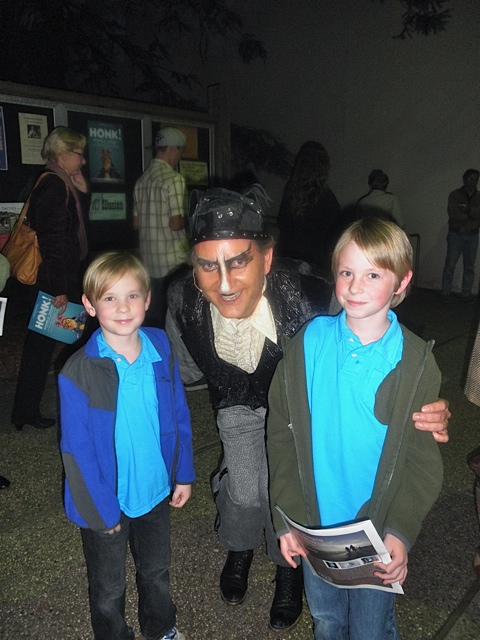Death of an Athlete by Miklós Mészöly Translated by Tim Wilkinson Liverpool: Bluecoat Press, 2012My earlier post on the novel and author, providing a few links available in English on both. Hildie, the companion of recently deceased track star Bálint Őze, is asked by the State Sports Press to record a memoir about his life. […]
I mentioned in an earlier post that I have a list of most of the characters by Bolesław Prus’ The Doll. I enjoyed the novel quite a bit and hope that others will take the plunge on reading it. Toward that end I’m posting my list of character names. As you can see there are […]
Merry Christmas! A bookish Christmas for me, receiving the annotated version of Some Do Not… and No More Parades. The wife, she notices. These are the books staring at me from various places around the house, although I’m sure I’m missing some. I will try to focus on these in the early part of 2013. […]
Death of an Athlete by Miklós Mészöly Translated by Tim Wilkinson Liverpool: Bluecoat Press, 2012I’m having trouble finding much about Miklós Mészöly in English. Hungarian Literature Online has several posts on the writer and the recent English translation of Death of an Athlete. I’ll have a separate post on the book but wanted to provide […]
Jomar Hønsi, who has been nice enough to comment on posts regarding Jaroslav Hašek, is highlighted (as is his website www.honsi.org) in this interview at Radio Prague. From the interview: And to explain a little bit to people who don’t know Hašek – he had the most extraordinary adventures during the First World War, travelling […]
Whenever children get together in a group there’s usually one kid off playing by himself, aware of the action around him but he seems to be happier focusing on what he’s doing. If someone else joins in, fine. If not, that’s OK, too. That, in a nutshell, seems to be my blog. It doesn’t purposefully […]
Five Billion Vodka Bottles to the Moon: Tales of a Soviet Scientist by Iosif Shklovsky Translated and adapted by Mary Fleming Zirin and Harold Zirin Introduction by Herbert Friedman W. W. Norton & Company: 1991 ISBN: 0-393-02990-5I don’t post on all the nonfiction I read but I enjoy passing on some of the offbeat books […]
Maidenhair by Mikhail Shishkin Translated by Marian Schwartz Open Letter Books: 506 pages, paperback ISBN: 9781934824368Add me to the chorus praising Maidenhair by Mikhail Shishkin. The funny thing about saying it’s a chorus is that the novel probably means different things to each reviewer. There are some clear themes throughout the novel and I’ll focus […]
His Only Son by Leopoldo Alas Translation and introduction by Julie Jones Baton Rouge: Louisiana State University Press (1981) ISBN 0-8071-0759-xHis Only Son proves to be a difficult novel to describe but one that should be every bit as notable as La Regenta. Or rather, every bit as notable as La Regenta **should** be. Once […]
In His Only Son, Alas has drawn some remarkable characters. Emma Valcárcel, the wife of Bonifacio Reyes (Bonis), almost steals the novel. As I mentioned in the previous post, the names often provide either meaning or irony in Alas’ work. Emma’s name may recall Emma Bovary, but as I mentioned in the previous post that […]
Continuing the story of His Only Son…Part One can be found in this post. Bonifacio Reyes finds himself in a dilemma. First he was unfaithful to his wife with Serafina, the soprano of the visiting opera troupe. His wife’s unexpected advances one evening cause him to be an unfaithful lover, too. Bonis didn’t know…no one […]
Often dismissed as Leopoldo Alas’ only other finished novel after La Regenta, His Only Son (1890) stands on its own and is a delight to read. Much less sweeping in scope than La Regenta, Alas remains the critic in His Only Son, targeting many of the same topics for judgment and satire as in the […]
AfterIf you made cherry cordials based on my post back in May, I can report that they are wonderfully ready. If you didn’t, take advantage of the next cherry season and enjoy! Before
The title may be a little unfair—each of these books have been recommended by others, too. As it were, though, I came to each of these books based on his recommendations, either at A Commonplace Blog, during his stint at Commentary, or from his Twitter feed. I’m glad he recommended them and I’m happy to […]
Bluegrass Bluesman by Josh Graves Edited by Fred Bartenstein, Forward by Neil Rosenberg University of Illinois Press, 2012 (176 pages, paperback) ISBN: 978-0-252-07864-4If you would like an alternative to the rock autobiographies piling up lately I’ve got a recommendation. Josh Graves (1927–2006), the legendary Dobro player, gave several interviews over the last ten to fifteen […]
The Russian writer Anatoly Mariengof is probably more famous today for his friendship with the poet Sergei Yesenin (Esenin) but the novella Cynics proves to be a powerful work that I found both enjoyable and disturbing. Published in Berlin in 1928 by Petropolis, the book was banned in Russia and not available there until 1988. […]
I haven’t done this for a while, so I’ll give it a shot since I haven’t felt like writing about what I’ve read. I probably won’t be reading or watching much this weekend since we’re having a sleepover with a dozen kids. (Pray for us.) The Sun Came Out: This 2010 documentary shows the recording […]
Bumped to highlight the recent posts in the centennial series… I wanted to mention a series starting at mental_floss that will look at the upcoming centennial of the start of World War I: The First World War was an unprecedented catastrophe that killed millions and set the continent of Europe on the path to further […]
My wife and I watched the BBC’s adaptation of Ford Madox Ford’s Parade’s End last week. Rather than a formal review I wanted to pass on a few random thoughts both of us had on the production. Tom Stoppard did an admirable job translating the novels to the screen. FYI—The Last Post was not included […]
“Cat” from Honk! (Brian Lohmann)This is for anyone in or visiting the San Francisco bay area the next couple of weeks… Our oldest son (9 years old later this week) highly recommends the presentation of Honk! (a musical adaptation of the ugly duckling tale) by Shakespeare Santa Cruz, which was the first play both have […]
